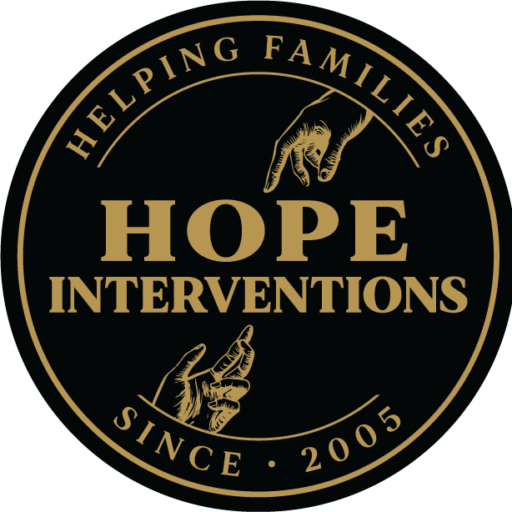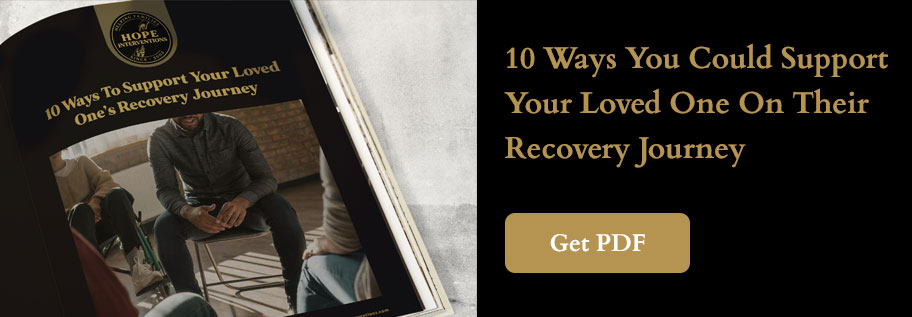When a loved one struggles with Substance Use Disorder (SUD), the impact is felt by the entire family. Addiction doesn’t only affect the individual—it ripples through relationships, creating stress, conflict, and heartbreak. But families also play a critical role in supporting recovery.
This guide offers practical, compassionate tips for families navigating the challenges of SUD, along with strategies to protect your own well-being.
Why Family Support Matters
Recovery is not a solo journey. Research shows that individuals with strong family and community support have higher chances of entering treatment, staying engaged, and achieving long-term recovery. Families can provide:
- Encouragement and accountability to stay committed.
- Emotional support that reduces feelings of shame and isolation.
- Stability and structure in daily life.
- Motivation by showing that loved ones are not alone.
Tips for Families Supporting Recovery
1. Educate Yourself About Addiction and Recovery
Understanding that SUD is a medical condition—not a moral failing—helps families respond with compassion rather than judgment.
2. Practice Healthy Communication
- Use “I” statements instead of blame.
- Be clear, calm, and respectful.
- Focus on expressing love and concern, not anger.
3. Set Boundaries and Avoid Enabling
Boundaries protect both the family and the person in recovery. Avoid behaviors like giving money that may fuel substance use, while making it clear that love and support remain unconditional.
4. Encourage Professional Help
Recovery is most successful when guided by treatment programs, therapy, and support groups. Families should encourage—but not force—participation in professional care.
5. Celebrate Progress, Not Perfection
Recovery is a journey filled with ups and downs. Recognize small victories, like attending support meetings or reaching sobriety milestones.
6. Take Care of Yourself
Supporting a loved one can be emotionally draining. Families should prioritize self-care, counseling, or support groups like Al-Anon or Nar-Anon.
Resources for Families
- Al-Anon Family Groups – Support for families of alcohol users.
- Nar-Anon Family Groups – Support for families of drug users.
- NAMI (National Alliance on Mental Illness) – Resources for families coping with mental health conditions.
- Local family therapy and counseling programs.
Conclusion
Supporting a loved one with Substance Use Disorder is both challenging and deeply meaningful. Families can make a profound difference by setting healthy boundaries, encouraging treatment, and showing consistent compassion. Just as importantly, they must also care for themselves along the way.
At Hope Interventions, we help families take that first step toward healing—providing intervention services, resources, and ongoing support that make recovery possible.

